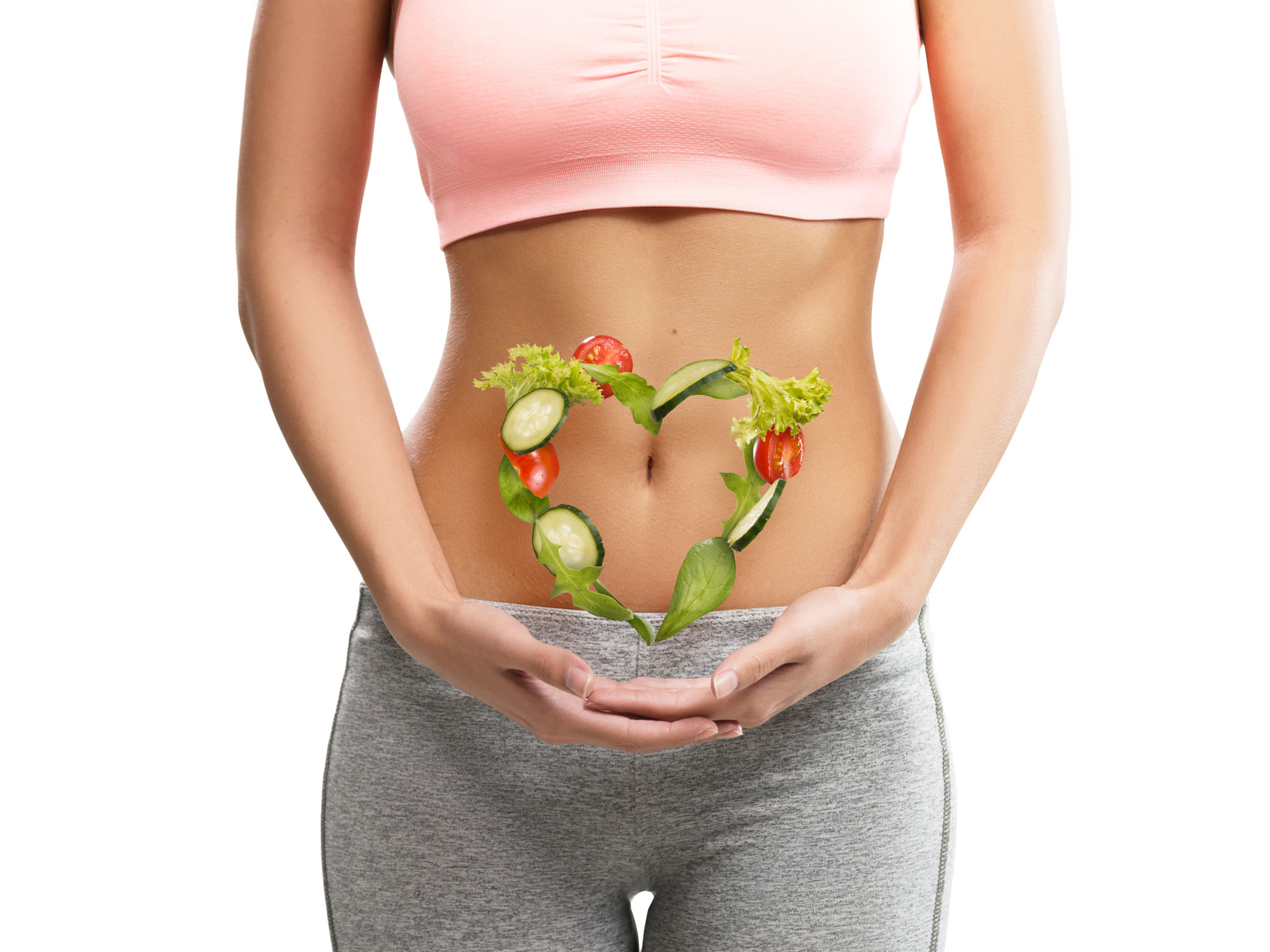Get Easy Health Digest™ in your inbox and don’t miss a thing when you subscribe today. Plus, get the free bonus report, Mother Nature’s Tips, Tricks and Remedies for Cholesterol, Blood Pressure & Blood Sugar as my way of saying welcome to the community!
How gut bacteria can turn off cancer

Colorectal cancer, the third most commonly diagnosed cancer among both men and women in the United States, leaves far too many to suffer through the pain, exhaustion, illness and loss of control over their own lives that comes with chemotherapy and the surgical removal of all or part of their colon to save their lives.
And, although you may think of the cancer as a disease you only have to worry about once you get older, 45% of men and 39% of women are younger than age 65 years at the time of diagnosis.
With those types of statistics, you may wonder if anyone is safe from this deadly disease…
But, new research is revealing a way to help prevent colorectal cancer by turning off the molecules that can invade your genes.
Here’s how…
Proteins, probiotics and cancer prevention
Scientists from the Babraham Institute near Cambridge, in collaboration with researchers from Brazil and Italy, set out to determine what effect the bacteria in your gut has on your genes and your risk of ending up with cancer.
The team studied mice that had lost most of the bacteria in their gut and found that their cells contained more of a protein known as HDAC2 than normal.
This is important because increased levels of this protein have been linked with the development of cancer, especially colorectal cancer.
So, why does loss of gut bacteria result in higher levels of HDAC2 and possible increase your risk of cancer?
Here’s what the researchers had to say…
Chemicals produced by bacteria in your gut from the digestion of fruit and vegetables can affect the genes in the cells of your gut lining. These chemicals, called short chain fatty acids, can move from the bacteria and into your own cells.
Inside your cells, they trigger processes that change gene activity and that ultimately affect how your cells behave – turning your genes on or off.
One way they do this is by increasing the chemical markers on your genes. When this happens, they shut down HDAC2 – helping to fight infections and prevent cancer.
That’s right…
Good bacteria in your gut can actually shut down the protein that leads to colon cancer.
Your probiotic prescription for a healthy gut and cancer prevention
But, how do you ensure that your gut is populated with the right type of bacteria to optimize your health and ward off cancer?
The answer? Probiotics.
You’ve probably heard of them before. Probiotics are “good” bacteria that keep a healthy balance in your gut.
And, while you can take a probiotic supplement to help optimize your gut health and turn off that HDAC2 protein that can lead to colon cancer, you can also get your daily probiotics from the food you eat.
Here are 12 foods that are rich in the probiotics your gut needs:
- Kefir
- Sauerkraut
- Kimchi
- Kombucha
- Natto
- Yogurt
- Aged, soft cheeses
- Apple cider vinegar
- Miso
- Salt-water brined olives
- Sourdough Bread
- Tempeh
Having the right balance of good bacteria in your gut has been credited with everything from better digestion to relieving asthma and allergies, boosting heart health and even alleviating anxiety and depression. And, thanks to this new study, we now have one more reason to ensure a healthy gut balance – preventing colon cancer. Use the probiotic prescription above to boost the levels of good bacteria in your gut, optimize gut health and protect your colon.
Editor’s note: Discover how to live a cancer prevention lifestyle — using foods, vitamins, minerals and herbs — as well as little-known therapies allowed in other countries but denied to you by American mainstream medicine. Click here to discover Surviving Cancer! A Comprehensive Guide to Understanding the Causes, Treatments and Big Business Behind Medicine’s Most Frightening Diagnosis!
Sources:
- Colorectal cancer statistics, 2017 — CA: A Cancer Journal for Clinicians
- How good bacteria control your genes — Babraham Institute












